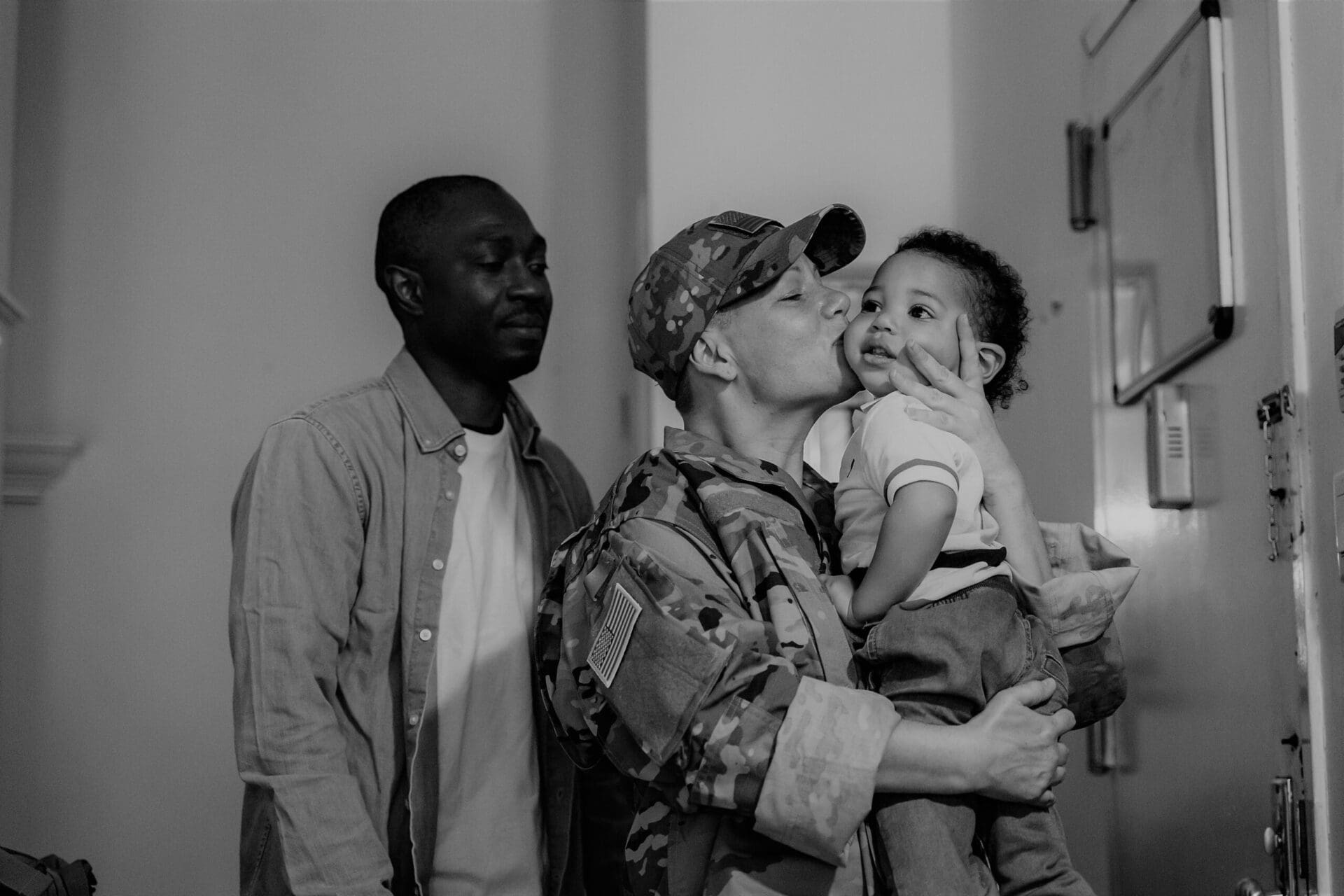Parole in Place
Parole in Place
If you are serving in the United States military, are a veteran, or are a military spouse, you have probably heard of Parole in Place. Chances are that you have also been able to find very little clear and accurate information on the subject and how it could help you or your spouse. Our government knows that military members and their families make important sacrifices for our country. Parole in Place is just one way our government tries to support these individuals.
Parole in Place is one of least-understood options for obtaining legal status here in the United States. Many people who are eligible for this type of immigration program know very little about it or have been given incorrect information. But, used correctly, Military Parole in Place can have a huge positive impact for you and your family. Let our Nashville immigration lawyers help you with parole in place.

So, what is Military Parole in Place exactly? It is a humanitarian-based program that allows USCIS to make a discretionary decision to allow people who meet a very specific set of requirements to remain in the United States. It is for those who have entered the United States illegally and is not available if you have simply overstayed a visa. The requirements that make a person eligible for Parole in Place are:
Applicant must be the spouse, widow(er), parent, or child of an active duty member of the United States military, a former member of the military (who was not dishonorably discharged), or a member of the Reserves;
Applicant is physically present in the United States;
Applicant is a person of good moral character and deserves favorable discretion (meaning that the applicant deserves this relief)
Some frequently asked questions about Parole in Place our office is asked are:
What if my family member has been convicted of a crime?
The simple answer is that eligibility for Parole in Place is impacted by criminal convictions. If this is an issue in your case you should let our immigration attorney evaluate your family member’s conviction to see how and if it will affect their eligibility for Parole in Place. Even if Parole in Place is not an option, our office can help you find other options for immigration relief that might be available to you.How long does this process take?
Unfortunately, wait times for Parole in Place approval have been known to be longer than a year. But that doesn’t mean you shouldn’t still apply because parole in place is a powerful tool for families that may make obtaining legal status possible when there is no other way forward.What documents will I need to show that my family member deserves Parole in Place?
This will vary from case to case but generally you will need to provide documentation relating to the eligibility requirements like marriage certificates, proof of military service, proof of good moral character, and other documents unique to you and your family. Our experienced immigration attorney will help you decide what documents to gather and submit with your application.Can I apply for Parole in Place even if my military family member has died?
Yes. But you will also need to show that you resided in the United States at the time of the service member’s death.Does my military family member have to be in the United States for me to apply?
No. You can still apply even if your military family member has been deployed or is stationed in a different state.How long will my parole in place last and what should I do after it is granted?
Parole in Place is generally granted for a period of one year. This means that you will need to have an immigration attorney help you move on with the next step of the immigration process fairly quickly after Parole in Place is granted.
But why apply for Parole in Place? What does it do for you? It provides the single most important thing for you and your family: security. If you or your family member are approved for parole in place it will provide work authorization, the ability to get a driver’s license in some states, and most importantly a path to becoming a permanent resident or green card holder in some cases. Parole in Place gives your family opportunities that would not have been possible before.
Now that you know what Parole in Place is and the benefit it might have for you, you may also be wondering if it is still available. Recently, news outlets, blogs, and other sources have reported that USCIS is no longer accepting Parole in Place Applications. Although there has been speculation about whether Parole in Place is going to be continued under President Trump’s administration, USCIS is still taking Parole in Place applications. If you believe you or a family member may qualify for Parole in Place, contact our Middle Tennessee immigration law office at (615)475-7041 as soon as possible for more information.